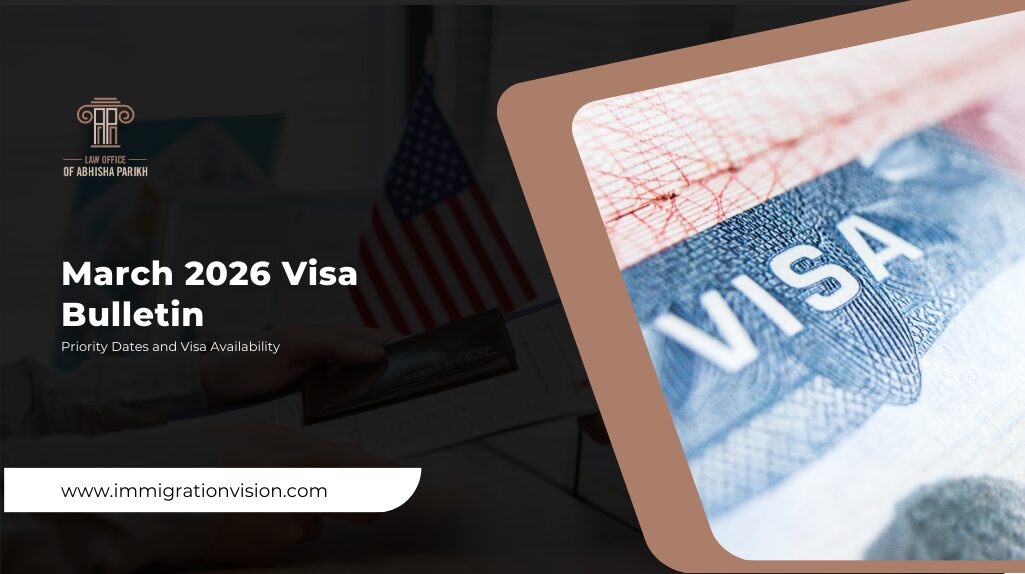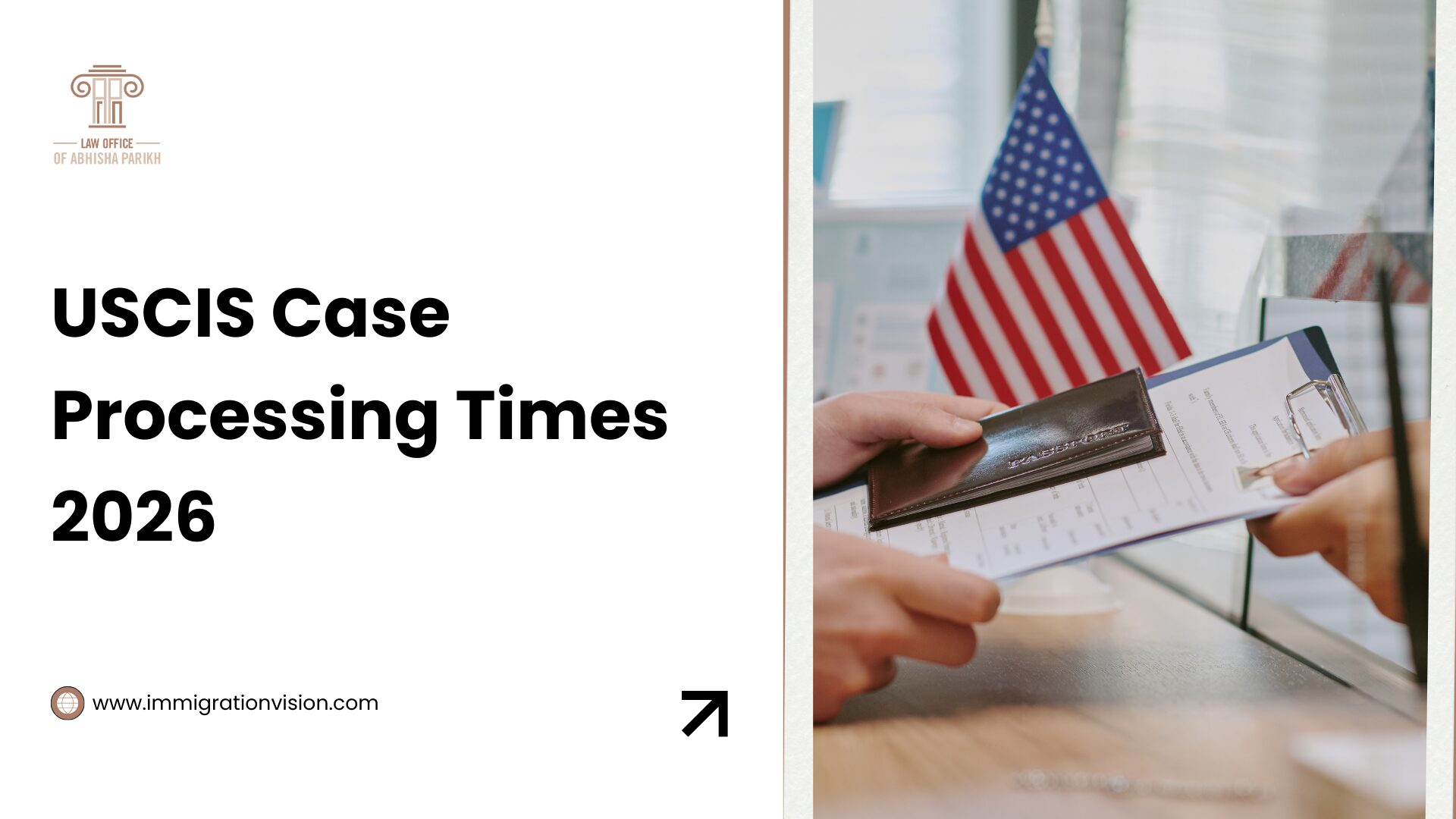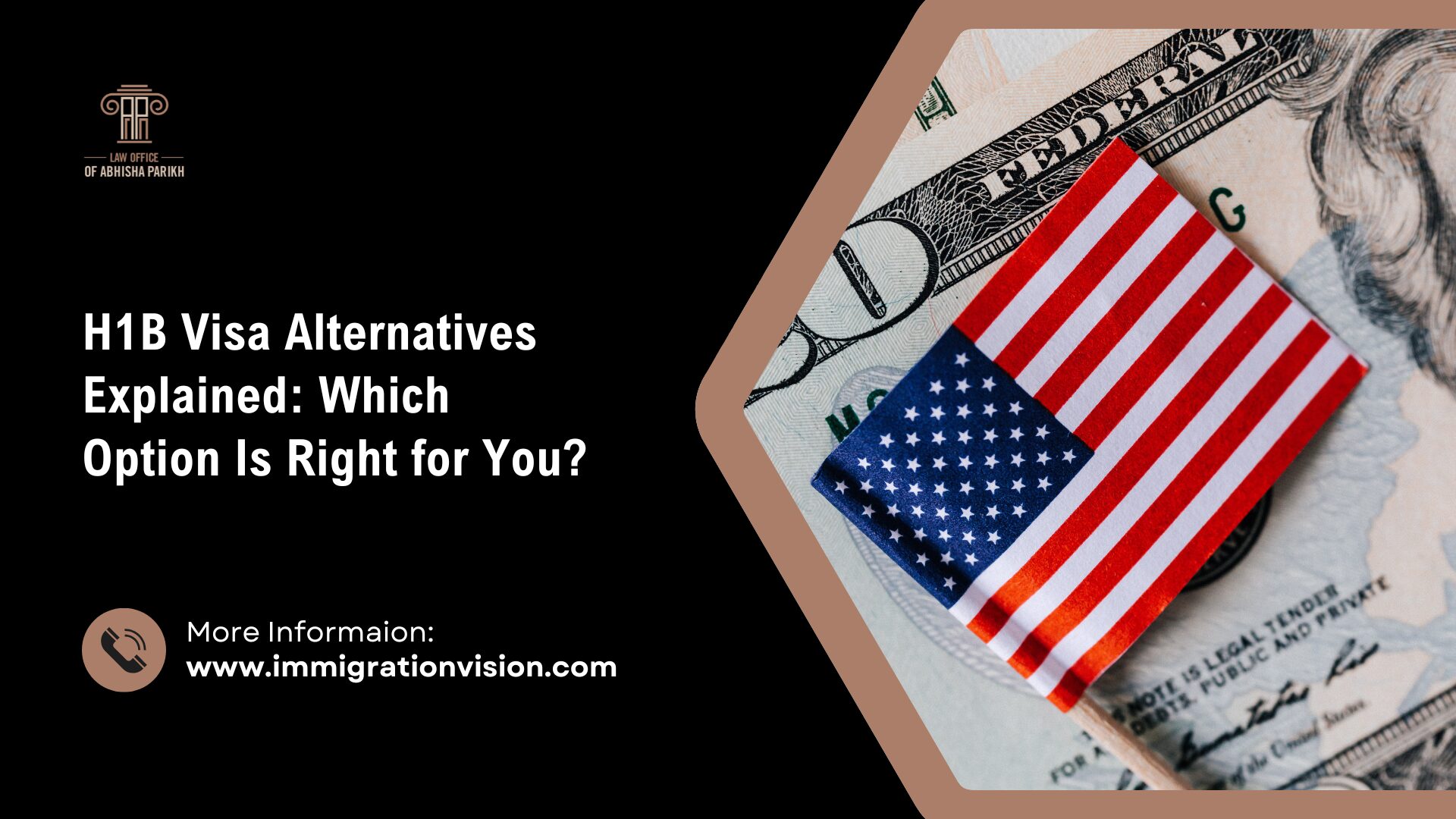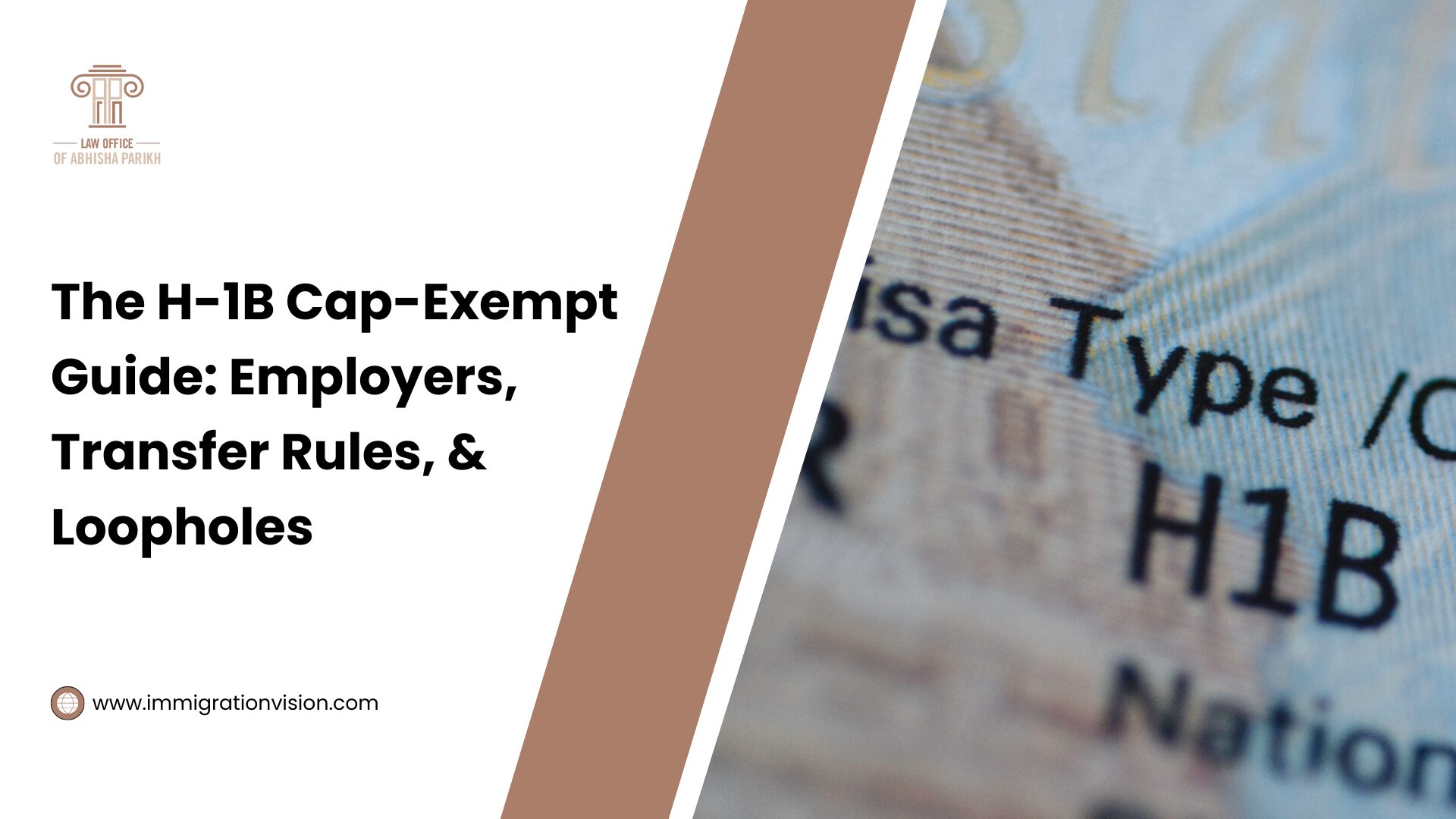In the realm of immigration law, there exist special programs that provide crucial immigration relief and legal protections for victims of crimes. These programs, known as U visas, T visas, and VAWA (Violence Against Women Act), offer a pathway for victims to obtain legal status in the United States. In this blog post, we will delve into the details of these special immigration programs, including their eligibility criteria, the application process, and the benefits they provide to those seeking safety and security in the country.
Understanding U Visas
U visas are a unique form of immigration relief available to individuals who have been victims of certain crimes and have cooperated with law enforcement in the investigation or prosecution of those crimes. Victims of crimes such as domestic violence, sexual assault, human trafficking, and other qualifying offences may be eligible for a U visa.
Eligibility and Certification
To be eligible for a U visa, the applicant must have suffered substantial physical or mental abuse as a result of the crime and possess information about the crime. The applicant must also be helpful, or likely to be helpful, in the investigation or prosecution of the crime. Additionally, U visa applicants need to obtain a certification from law enforcement, certifying their cooperation.
Application Process
The U visa application process involves submitting Form I-918, along with supporting documents and evidence, to the United States Citizenship and Immigration Services (USCIS). It is important to provide a detailed personal statement outlining the crime suffered and the applicant’s cooperation with law enforcement. The U visa process also requires obtaining a U visa “derivative” for qualifying family members.
Benefits of U Visas
U visa holders receive several benefits, including legal status in the United States for up to four years, work authorization, and the ability to apply for lawful permanent residency (green card) after meeting specific requirements. U visa holders may also be eligible for certain public benefits and protection from deportation.
Exploring T Visas
T visas are specifically designed to protect victims of human trafficking, a heinous crime that involves forced labor or commercial sex acts. T visas provide victims with the opportunity to remain in the United States and assist law enforcement agencies in investigating and prosecuting human trafficking cases.
Eligibility and Assistance
To be eligible for a T visa, the applicant must be a victim of severe forms of trafficking, demonstrate physical or psychological harm, and be present in the United States as a result of trafficking. The applicant must also demonstrate a willingness to assist law enforcement in the investigation or prosecution of the traffickers.
Application Process
The T visa application process involves submitting Form I-914, along with supporting documents and evidence, to the USCIS. Similar to the U visa process, a detailed personal statement describing the trafficking experience and cooperation with law enforcement is required. T visa applicants may also include qualifying family members in their applications.
Benefits of T Visas
T visa holders receive legal status in the United States for up to four years, work authorization, and access to certain public benefits. After meeting specific requirements, T visa holders may be eligible to apply for lawful permanent residency (green card).
VAWA: Providing Protection for Victims of Domestic Violence
The Violence Against Women Act (VAWA) offers immigration relief to victims of domestic violence, including both women and men. VAWA provides a self-petitioning process, allowing victims to petition for legal status without relying on an abusive spouse or family member.
National Human Trafficking Hotline – A hotline for reporting human trafficking and seeking assistance: https://humantraffickinghotline.org/
National Domestic Violence Hotline – A helpline providing support and resources for victims of domestic violence: https://www.thehotline.org/
Eligibility and Self-Petition
To be eligible for VAWA self-petitioning, the applicant must demonstrate that they have been subject to battery or extreme cruelty by a U.S. citizen or permanent resident spouse or parent. The applicant must also demonstrate a qualifying relationship with the abuser and provide evidence to support their claims.
Application Process
The VAWA self-petition process involves submitting Form I-360, along with supporting documents and evidence, to the USCIS. It is crucial to provide detailed documentation and evidence of the abusive relationship, as well as any relevant police reports or court records.
Benefits of VAWA
VAWA self-petitioners may be granted legal status in the United States, work authorization, and access to certain public benefits. After meeting specific requirements, VAWA self-petitioners may also be eligible to apply for lawful permanent residency (green card).
U visas, T visas, and VAWA provide essential pathways for victims of crimes to seek immigration relief, legal protections, and a chance to rebuild their lives in the United States. These special immigration programs offer hope, support, and an opportunity for survivors to escape the cycle of violence and exploitation.
By understanding the eligibility criteria, application processes, and the benefits available through U visas, T visas, and VAWA, victims can access the necessary resources and support to secure their safety and well-being. It is important to spread awareness about these programs and work collectively to create a society that provides protection and opportunities for those in need.
Remember, consulting with an experienced immigration attorney is crucial when applying for U visas, T visas, or VAWA self-petitions.
They can provide personalized guidance, ensure all necessary documents are submitted, and advocate for the rights and interests of the victims. Together, we can make a difference in the lives of survivors and create a more compassionate and just society.




